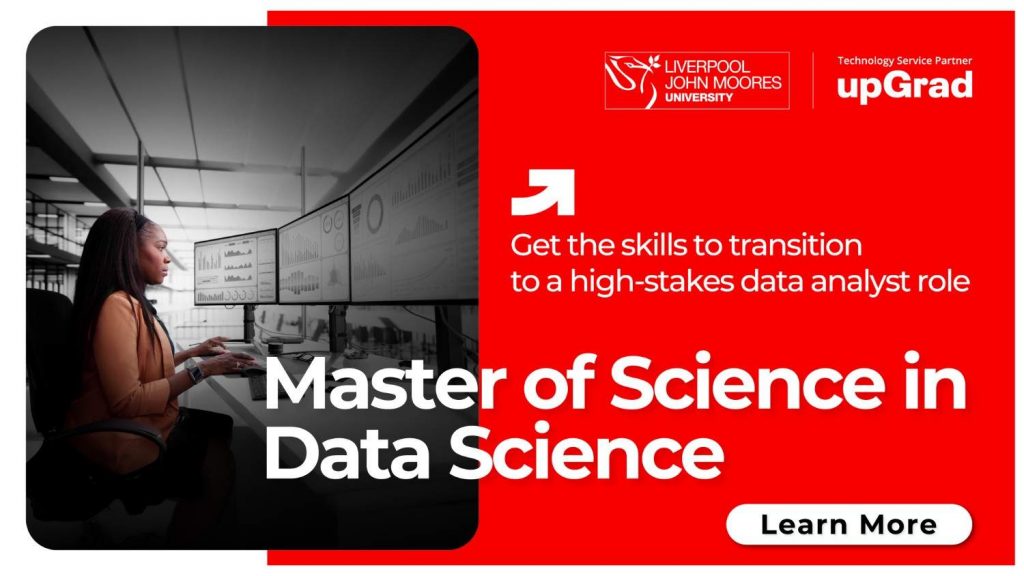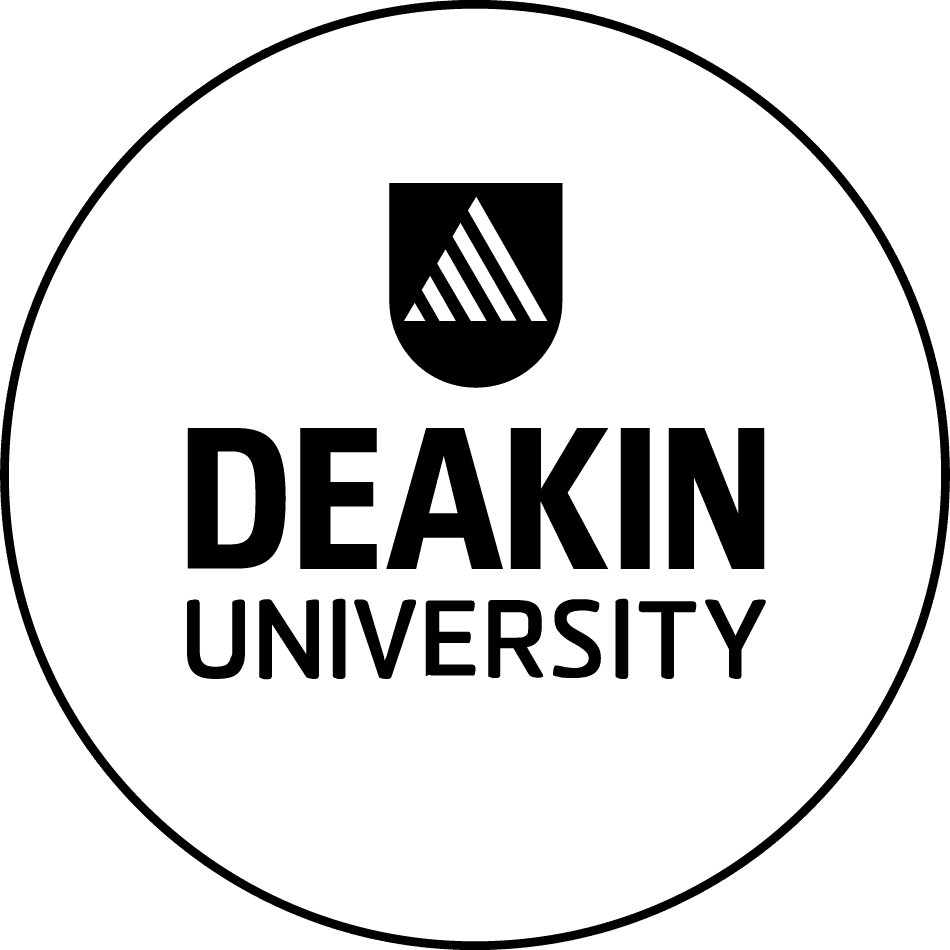As data continues to dominate the decision-making process in organizations, there is an increased demand for data professionals globally, especially in Canada. From healthcare to financial organizations, professionals who can simplify complex data into meaningful information are in high demand!
Data Analysts help identify and analyze trends from a set of data, while Data Scientists are responsible for designing and developing new systems for data modeling. Want to know more about how to become a Data Scientist from a Data Analyst? Read on.
Take your skills to the next level — Explore Data Science Courses Online
How to Become a Data Scientist from a Data Analyst in Canada
Interested in transitioning your career from a Data Analyst to a Data Scientist? Here’s a step-by-step Data Science roadmap for success.
Step 1: Learn Advanced Statistics
Basic Statistics are sufficient for Data Analysts. However, if you want to transition your career to a Data Scientist, you need to know Advanced Statistics concepts such as:
- Probability theory.
- Hypothesis testing.
- Inferential Statistics.
Step 2: Master Programming Languages
Just like statistics, you need to deepen your knowledge of programming languages too. It might be beneficial in the long run, as they are commonly used in Canadian organizations:
- Python and knowledge of libraries such as Pandas and NumPy.
- R.
- SQL.
Step 3: Build Machine Learning Expertise
You need to increase your knowledge of Machine Learning techniques and be confident enough to work on them in an unsupervised environment. You also need to learn about model evaluation and other things:
- Experience working on real-life projects.
- Explore new algorithms.
- Build a solid foundation in Maths.
Step 4: Get Comfortable with Data Engineering
Get hands-on experience with Data Engineering by understanding data pipelines and tools like Cloud platforms. These skills are essential for working with large datasets:
- Acquiring technical skills.
- Exploring Cloud Technology.
- Understanding database management.
Step 5: Understand Business & Domain Context
Understand the relevance and importance of business and the domain to be a successful Data Scientist. Explore the business framework or regulatory policies of the organization you are working with.
- Follow relevant regulations.
- Understand the business model.
- Target your audience.

Step 6: Work on Real Projects
Working on projects gives you a deeper understanding of real-world challenges and risks. This will also help in building a strong portfolio that can be shown to prospective employers. Showcase your skills by:
- Participating in competitions on Kaggle.
- Volunteering for projects.
- Working with other professionals.
Step 7: Earn Certifications or a Master’s
One of the most critical steps in becoming a Data Scientist is gaining Data Science certifications. Consider enrolling in full-time, part-time, or online courses recognized by Canadian organizations:
- Master of Science in Data Science.
- PG Diploma in Data Science.
Step 8: Focus on Soft Skills & Storytelling
In addition to technical proficiencies, you need to work on your soft skills to succeed as a Data Scientist. A big part of your job includes interpreting complex data and communicating it to organizations in a simple language:
- Improve your communication and data presentation skills.
- Create compelling narratives.
Step 9: Network & Engage with Community
Get social and improve your network. Networking is an effective way to secure jobs, internships, or mentorships. Search for online networking events, locally or globally:
- Join Data Science meetups in your area.
- Attend workshops and conferences.
Step 10: Apply for Data Scientist Roles
When you have the required certifications and experience to work as a Data Scientist, start your Data Science job search via alumni events, job search engines, or friend referrals:
- Customize your resume according to the job.
- Target entry-level or Associate Data Scientist roles.
- Apply for internships.
Also read: Top Data Science skills you will learn in a course
Key Skills that Differentiate a Data Scientist from a Data Analyst
Data Analyst and Data Scientist roles are similar as they belong to the same domain. However, both have some differences:
| Skill Set | Data Analyst | Data Scientist |
| Maths and Statistics | Basic Maths and Statistics | Advanced Statistics and Predictive Analysis |
| Programming | Basics of Python, R, SQL | Advanced level with the use of Python libraries |
| ML | Basic understanding | Data modeling using ML algorithms |
Also Read: Step-by-Step Guide for Beginners on How to Start a Career in Data Science in Canada
How upGrad Helps You Transition from Data Analyst to Data Scientist in Canada
Want to know how to become a Data Scientist from a Data Analyst? Leverage upGrad as your education partner. We offer a range of online Data Science and Analytics courses.
- Master of Science in Data Science from Liverpool John Moores University (LJMU)
- Post Graduate Diploma in Data Science (E-Learning) from upGrad Institute
- Executive Diploma in Data Science and AI from IIITB
🎓 Explore Our Top-Rated Courses in Canada
Take the next step in your career with industry-relevant online courses designed for working professionals in Canada.
- DBA Courses in Canada
- Data Science Courses in Canada
- MBA Courses in Canada
- Master of Education Courses in Canada
- AI ML Courses in Canada
- Digital Marketing Courses in Canada
- Product Management Courses in Canada
- Generative AI Courses in Canada
FAQs on From Analyst to Data Scientist: Your Online Learning Roadmap in Canada
Q: What is the significant difference between a data analyst and a data scientist?
Ans: A Data Analyst helps interpret and analyze data for decision-making processes. A Data Scientist helps build new models for complex data.
Q: How long does it take to move from an analyst to a data scientist?
Ans: The transition from a Data Analyst to a Data Scientist can take anywhere from 6 months to 2 years, depending on the skills, the chosen course, and learning capability.
Q: What online certifications are best recognized in Canada for data science?
Ans: Some of the best recognized Data Science courses in Canada are:
- Master of Science in Data Science by LJMU.
- Post Graduate Diploma in Data Science by upGrad Institute.
Q: Are there any specific tools that I must master to become a data scientist?
Ans: Yes, to become a Data Scientist, master programming languages, data analysis software, and statistical tools.
Q: Will my analyst experience be practical in data science interviews?
Ans: Yes, your experience as a Data Analyst can be invaluable in Data Science interviews, as there is some overlap of skills and knowledge.


























